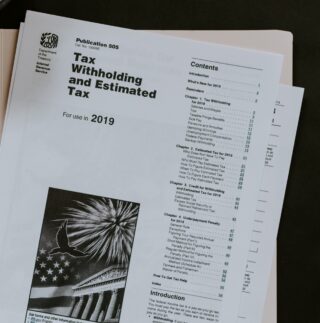HOME | ABOUT US | MEDIA KIT | CONTACT US | INQUIRE
HOME | ABOUT US | MEDIA KIT | CONTACT US | INQUIRE
From 2015-2018, the angel investor tax credit program in Kansas cost millions in forgone income tax revenue, but a post-audit could not determine if the program met its goals.

The program gives investors a tax credit for investing in certain Kansas startups with a goal to generate economic growth and support jobs by increasing investment in innovative businesses.
According to the report, it was suggested that these types of programs increase investment but may not help businesses succeed long term.
Analysis was focused on the program’s general goals rather than economic or fiscal impact. During 2015-2018, investors received $20.2 million in income tax credits for investing $51.5 million in Kansas businesses.
Most investors were Kansans, but more than 25% were from out of state. Program investment went to businesses in only 8 counties, meaning it didn’t benefit the state evenly.
During 2015-2018, the participating businesses generally appear to have met program intent. During 2009-2019, the participating businesses we reviewed stayed in business through their first 3-to-5 years about as often as non-participants.
Kansas businesses that participated in the program created fewer average jobs than non-participating businesses during 2009-2019. Other findings of the report say Commerce didn’t penalize at least 3 participating businesses that left the state more quickly than statute allows.
In it’s conclusion, the post-audit committee didn’t draw any conclusions beyond the findings already presented in the audit.